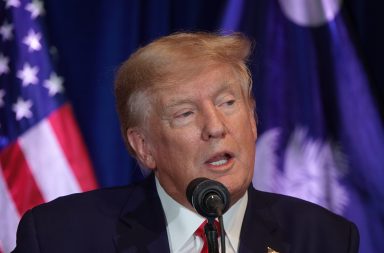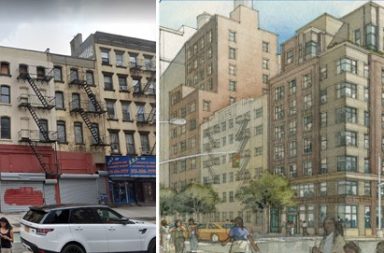First came extra security guards – now it’s the prospect of optical turnstiles, face-scanning machines and bomb-sniffing dogs at city businesses and office buildings amid frightening warnings of future terror attacks.
“Building owners are now taking the threat very seriously and are implementing programs that offer real protections and real security,” said Daniel Sitomer, an emergency-management expert at the law firm Jenkens Gilchrist Parker Chapin.
“They have to provide a sufficient level of a clear perception of security in order to dissuade a terrorist from attempting an act of terror on their buildings.”
A basic, tighter, high-tech security measure being eyed is the issuance of new ID cards that won’t have to be swiped. Instead, the so-called proximity cards can be scanned through a purse or wallet at a turnstile.
Prominent Midtown buildings – including the Rockefeller Center complex – are among those seriously weighing the option, one top security consultant said.
Michael Fascitelli, president of Vornado Realty Trust, said his company has already added turnstiles as an experiment to towering 1 Penn Plaza, which sits over several subway lines and Long Island Rail Road entrances at Penn Station.
Scott Rechler, who heads office real-estate powerhouse Reckson Associates, said his firm has installed a similar system.
“[Tenants] swipe it [the card] on their way in and out, and their picture comes up on a computer screen,” Rechler said. “Our security guard can review it to see if it’s the person who is supposed to be there.”
At 1180 Sixth Ave., workers began walking through optical turnstiles Monday, said Daniel McConnell, assistant vice president of New York Life, which owns the building.
All tenants entering the 23-story office building now walk up to one of three kiosks, where they punch their floor number into a keypad and the screen tells them which elevator to take.
Next, the tenant walks to the optical turnstile and passes a purse or wallet containing a proximity card past a scanner, which simply “opens” a barrier. Like store security systems, it will set off a buzzer if no card is used. As an extra precaution, the designated elevator will open its doors only on the tenant’s floor.









